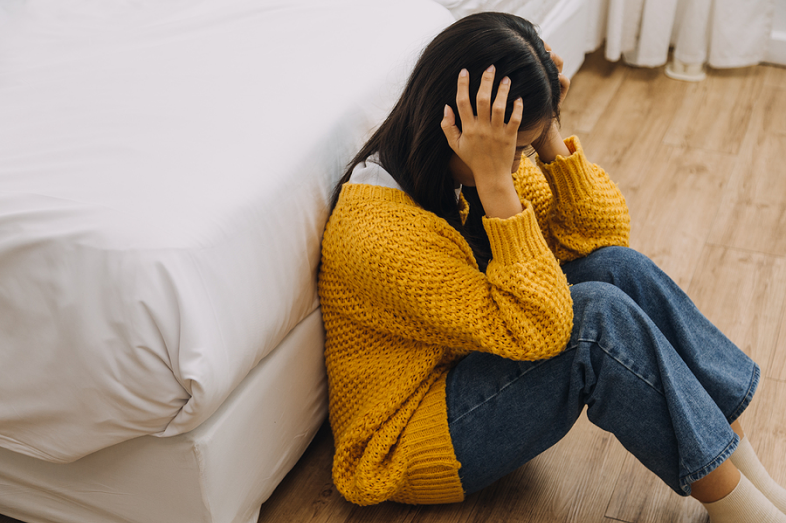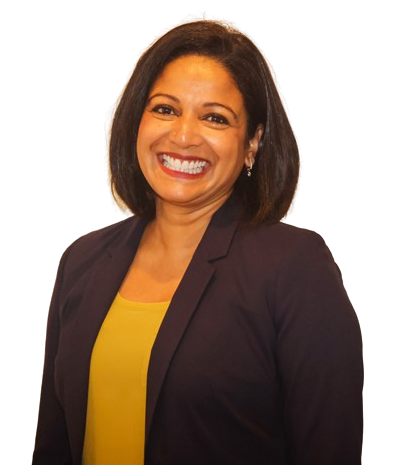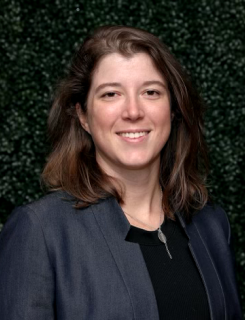Education journalism has changed considerably over the years. In what used to be a relatively calm beat, reporters now deal with school shootings, contentious board meetings and angry residents targeting them on social media.
“This ain’t your mama’s education beat” as one reporter wryly put it.
While covering education – in addition to other beats – reporters are often working longer hours, even as they contend with layoffs, less support and smaller budgets. About 70% to 72% of local journalists reported work-related and/or personal burnout, according to research from the Center for Innovation and Sustainability in Local Media at The University of North Carolina. Women and young people were more likely to experience burnout than men and older people, researchers found.
Kavitha Cardoza saw these issues up close in her work as EWA’s public editor this year. Education reporters from across the country reached out about their challenges: Some left journalism. Some were forced out, and others still struggle, hoping to be able to continue doing the work they love.
In her final EWA Radio episode as host, Kavitha spoke to CD Davidson-Hiers, a journalist and colleague who has written beautifully and honestly about how she burned out and how she healed.


